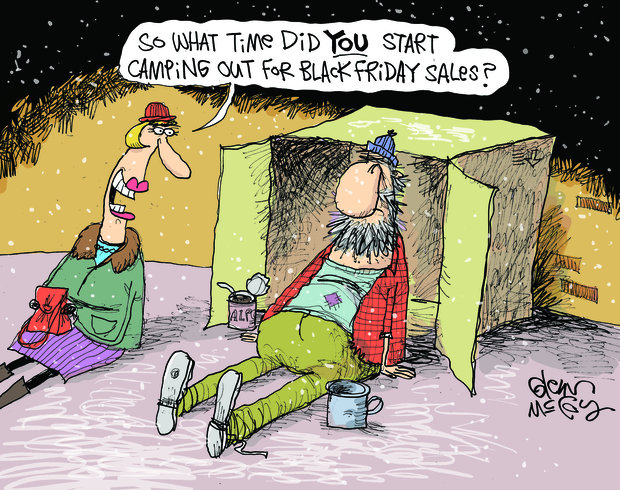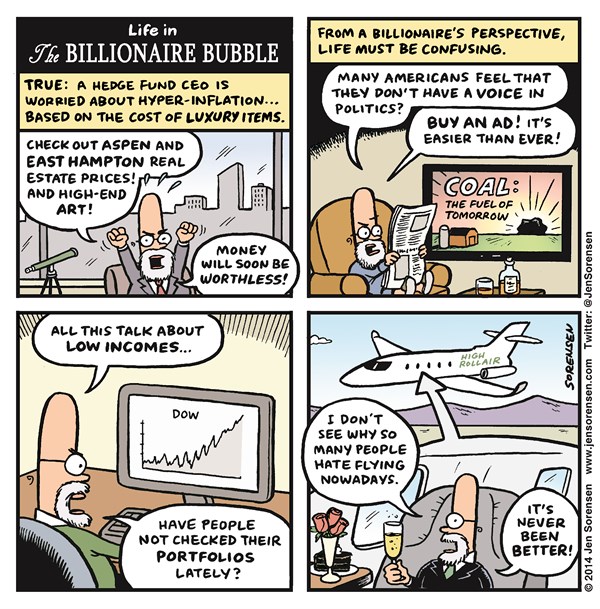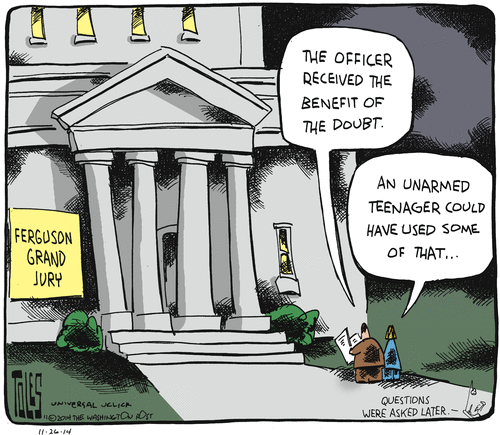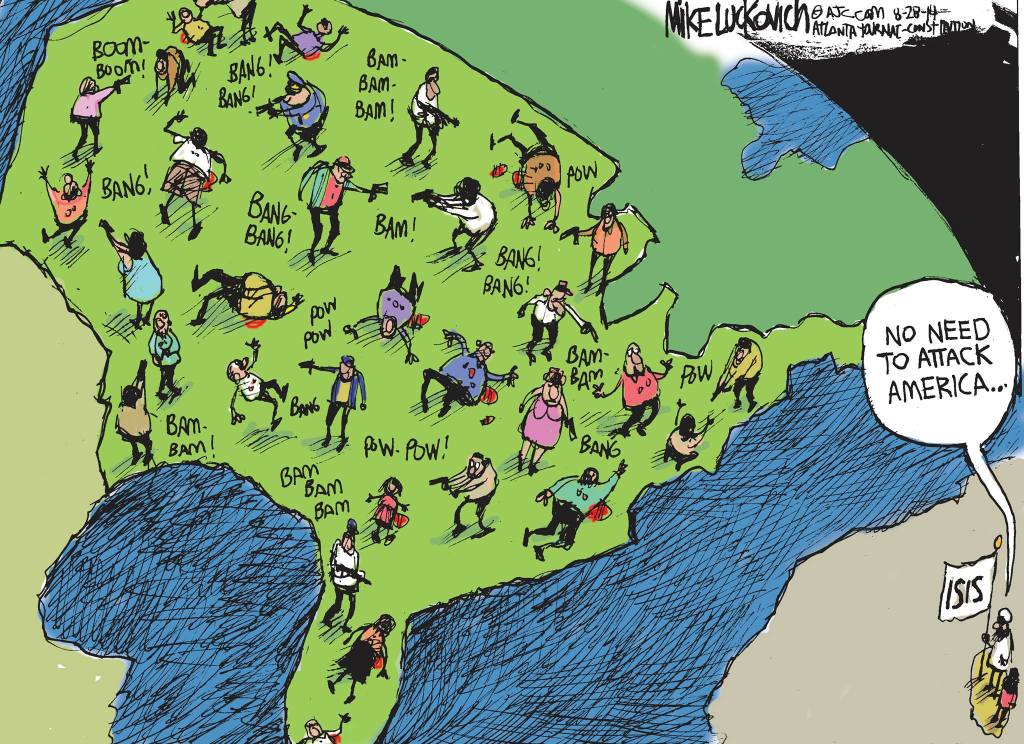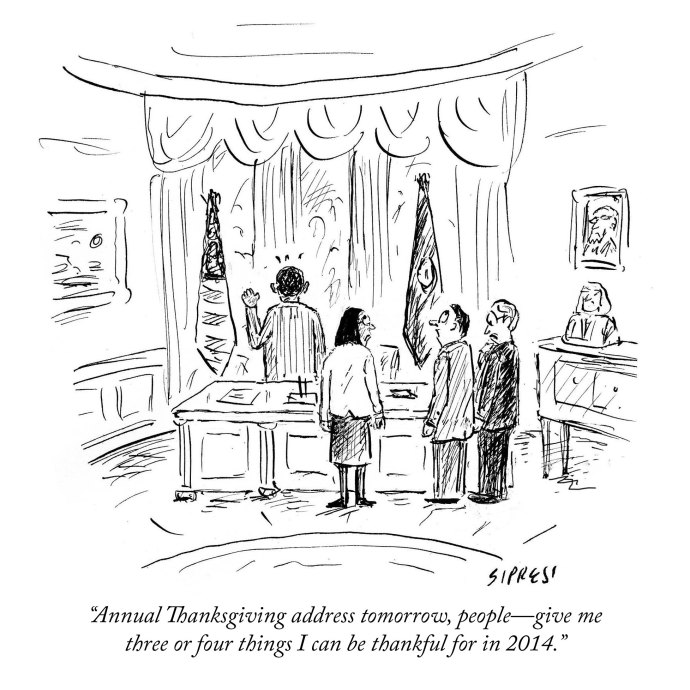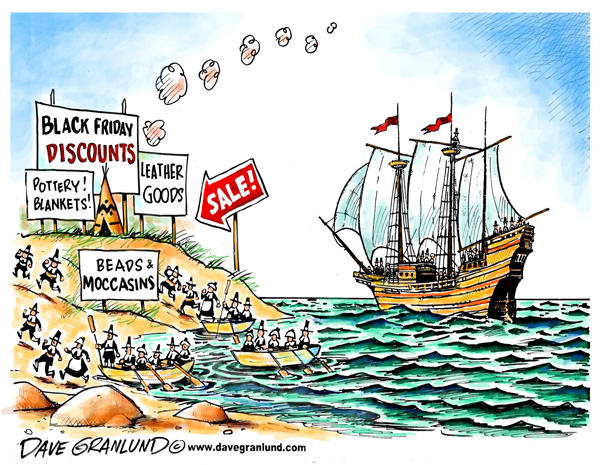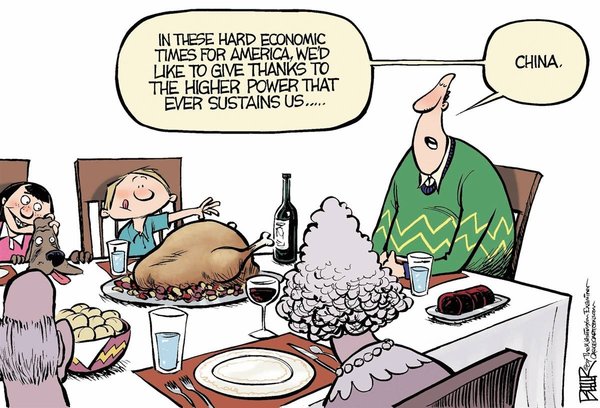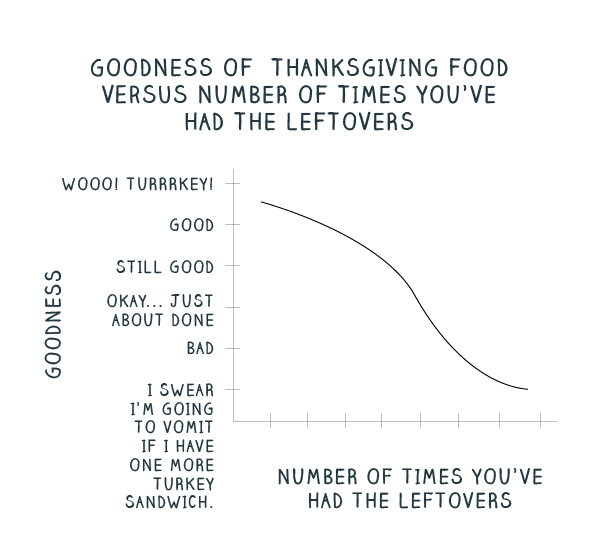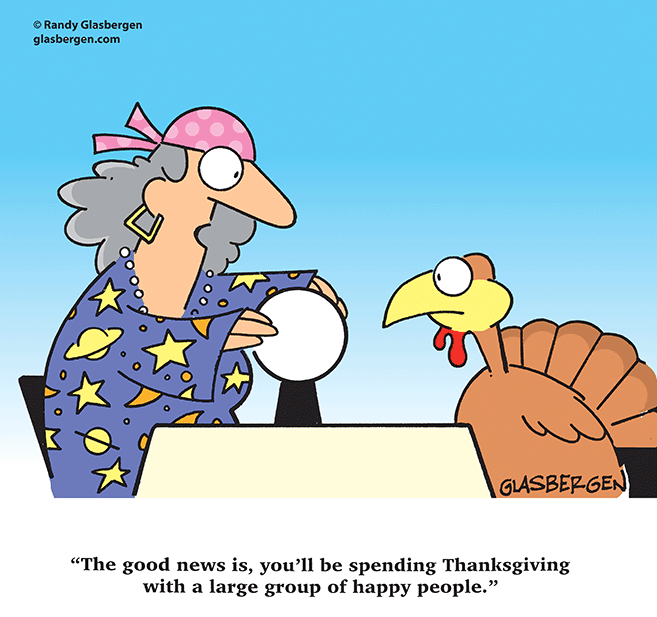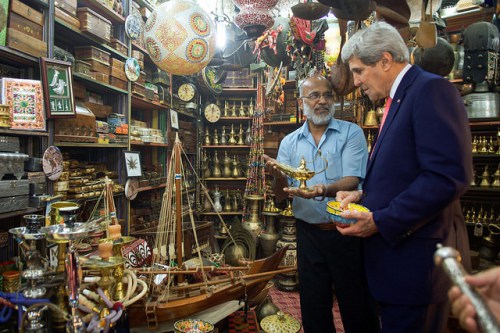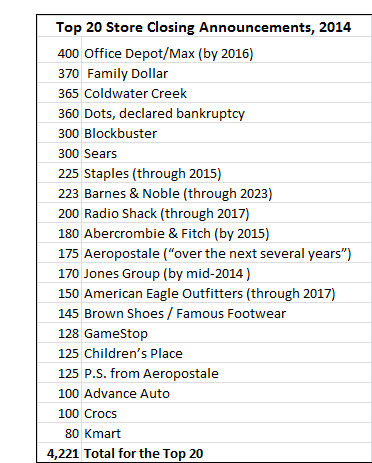Today’s Wake Up is for entrenched power in America.
Inequality and political polarization has progressed to the point that the “The Hunger Games” trilogy is being taken seriously as literature with an important message for our time.
Its symbols are appearing in protests around the world and have made it into opinion columns:
Some protesters in Ferguson, Missouri, have adopted Katniss’s revolutionary slogan, “If we burn, you burn with us.” In Thailand, students flashing District 12’s three-fingered salute — a symbol of protest in the film — have recently been arrested. (The salute has apparently been outlawed since spring.) In a few short years, “The Hunger Games” and its symbology have become a part of the cultural commons.
America’s upper middle class thinks that inequality is an issue because it means low GDP growth, solely because people can’t buy enough consumer products to create good jobs. However, there could be an inflection point ahead when having more consumer goods ceases to be the goal of the middle class, or the people in poverty.
Look back at the French and Russian monarchies for a lesson about what that transition might look like, and how fast it can come about.
Today’s wake up music isn’t designed to get you dancing. It is the political anthem, “We Can’t Make It Here” by James McMurtry. McMurtry is the son of the novelist Larry McMurtry. The song won the 2005 Americana Music Award for song of the year. Music critic Robert Christgau has ranked “We Can’t Make It Here” as the best song of the 2000s. Bob Lefsetz said that “We Can’t Make It Here” has stood the test of time because of its unmitigated truth. Listen, while thinking that this was written in 2005, not this year:
Sample lyrics:
Will I work for food, will I die for oil,
Will kill for power and to us the spoils,
The billionaires get to pay less tax,
The working poor get to fall through the cracks
Monday’s Links:
Millennials are having to choose between affordable housing and jobs. It has always been true that there are fewer jobs where housing is affordable, but today, those two halves of the American Dream are living farther apart. Jobs with high wages are in unaffordable cities. The affordable homes cluster in the cities with lower wages and less upwardly mobile families.
Governor Christie (R-NJ) gives early sign that he is running for President. Christie vetoed a bill that would have banned crating pigs. New Jersey has few pig farms, but they are widespread in Iowa.
You can unknowingly lease a dog in San Diego CA. People who thought they purchased a dog using time payments actually leased the pet. After 27 months of payments, they could pay a $93.52 fee to end the lease, or $187.04 to purchase the pet. Why not just get a rescue animal? Read the paperwork, people! This is probably the next Wall Street securitization scheme.
Pope raises eyebrows by saying:
When we read about Creation in Genesis, we run the risk of imagining God was a magician, with a magic wand able to do everything — but that is not so…
His point was that Catholics should believe in evolution and the big bang theory. Next, Kansas and Texas will probably try to excommunicate him. Clearly, he’s been confused by those science-y people.
News from Russia:
Are the sanctions working? Russian firms that are under sanctions by the West must refinance $20 billion by April-sanctions are making that difficult.
There is a serious nuclear waste problem in the Arctic, brought to you by Russia. According to a joint Russian-Norwegian report issued in 2012, there are 17,000 containers of nuclear waste, 19 rusting Soviet nuclear ships and 14 nuclear reactors cut out of atomic vessels sitting on the bottom of the Kara Sea. The worst case scenario is described as “an Arctic underwater Chernobyl, played out in slow motion.” Oh, great, and I was worried about Crimea.
Water thievery is growing in California along with the drought. Thieves are cutting pipes and taking water from fire hydrants, storage tanks, creeks and rivers to get their hands on the precious commodity.
Thought for the week:
I always thought if you worked hard enough and tried hard enough, things would work out. I was wrong. –Katharine Graham (Owner of the Washington Post)


